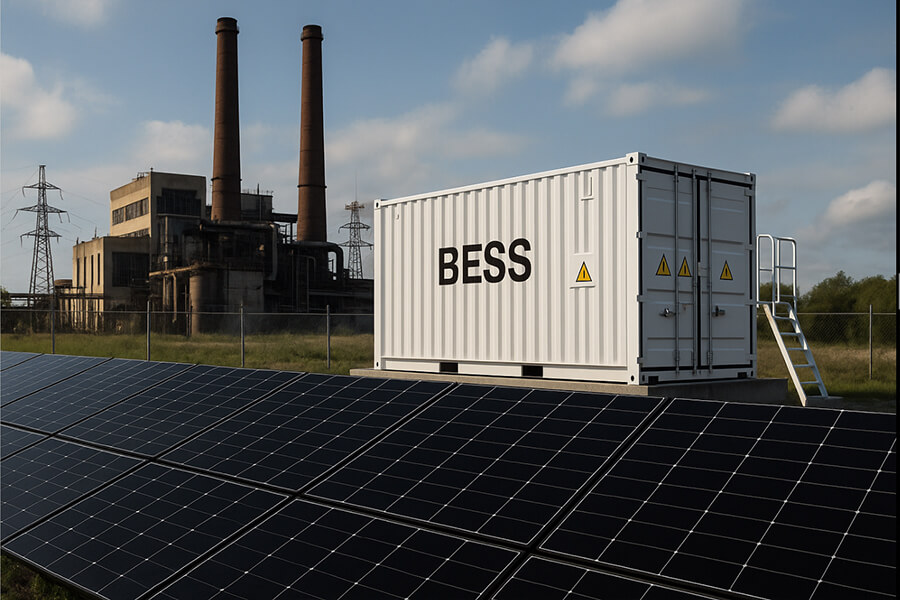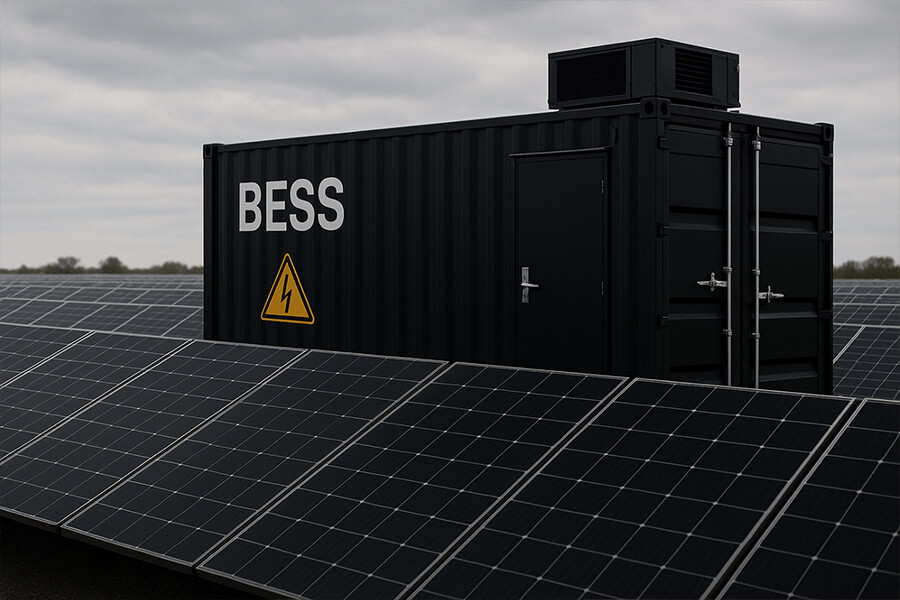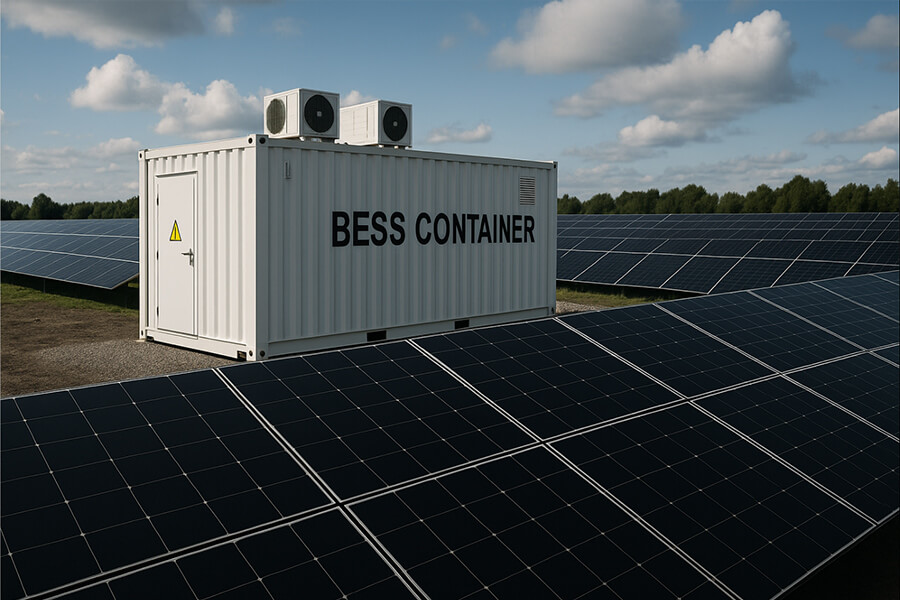Introduction
In the face of growing environmental concerns, the adoption of home solar systems residential has emerged as a compelling solution. Solar energy offers a sustainable and eco-friendly way to power homes, reducing carbon emissions and lessening our dependence on fossil fuels. In this article, we will explore the positive environmental impacts of home solar systems, emphasizing their role in reducing carbon emissions and promoting a cleaner, more sustainable future.
Reducing Carbon Emissions
One of the most significant environmental benefits of home solar systems is their role in mitigating carbon emissions. Here’s how they contribute to this crucial goal:
Clean Energy Production: Solar panels capture sunlight and convert it into electricity through a process that produces no greenhouse gas emissions. This is in stark contrast to traditional fossil fuel-based power generation, which releases carbon dioxide (CO2), methane (CH4), and other harmful pollutants into the atmosphere.
Lowering Electricity-Related Emissions: By generating clean electricity at the point of consumption, home solar systems decrease the need for electricity from fossil fuel power plants. This, in turn, reduces the overall carbon footprint of the energy consumed by homes.
Reducing the Carbon Footprint of Transportation: Many households with home solar systems opt for electric vehicles (EVs) as a more sustainable means of transportation. When charged with solar-generated electricity, EVs produce zero tailpipe emissions and further contribute to a reduction in carbon emissions.
Environmental Benefits for Future Generations: By using home solar systems, households play an active role in decreasing carbon emissions, thereby contributing to a healthier planet for future generations.
Decreasing Fossil Fuel Dependency
Another significant environmental advantage of home solar systems is their role in decreasing our dependence on fossil fuels:
Energy Independence: Home solar systems offer homeowners greater control over their energy production and consumption. By producing their electricity, homeowners reduce their reliance on fossil fuel power plants.
Reducing Strain on Fossil Fuel Resources: Solar power decreases the demand for coal, natural gas, and oil, which are finite resources with environmental and geopolitical implications. The reduced dependence on these fuels helps preserve valuable resources for future generations.
Enhancing Energy Security: Home solar systems contribute to energy security by diversifying energy sources. This makes households less vulnerable to energy supply disruptions and price fluctuations in the fossil fuel market.
Mitigating Air and Water Pollution: By decreasing the demand for fossil fuels, home solar systems help reduce the air and water pollution associated with extraction, transportation, and combustion of these fuels.
Decreasing the Carbon Intensity of Energy: Home solar systems aid in transitioning to a low-carbon energy future. As more households adopt solar power, the overall carbon intensity of the energy sector decreases, resulting in a cleaner, more sustainable energy landscape.
Conclusion
Home solar systems residential play a pivotal role in addressing environmental challenges, offering multiple benefits, including reduced carbon emissions and decreased dependence on fossil fuels. By harnessing clean, renewable energy from the sun, these systems enable households to take control of their energy production, reduce their carbon footprint, and support a more sustainable future.
The positive environmental impact of home solar systems is far-reaching, affecting not only the immediate surroundings but also contributing to global efforts to combat climate change and protect the planet. As technology advances and solar systems become more accessible and affordable, the potential for greater environmental benefits continues to grow, making solar energy an indispensable component of a cleaner and more sustainable energy landscape.e solar systems residential
If you want to customize your own photovoltaic solution today, please contact us.




